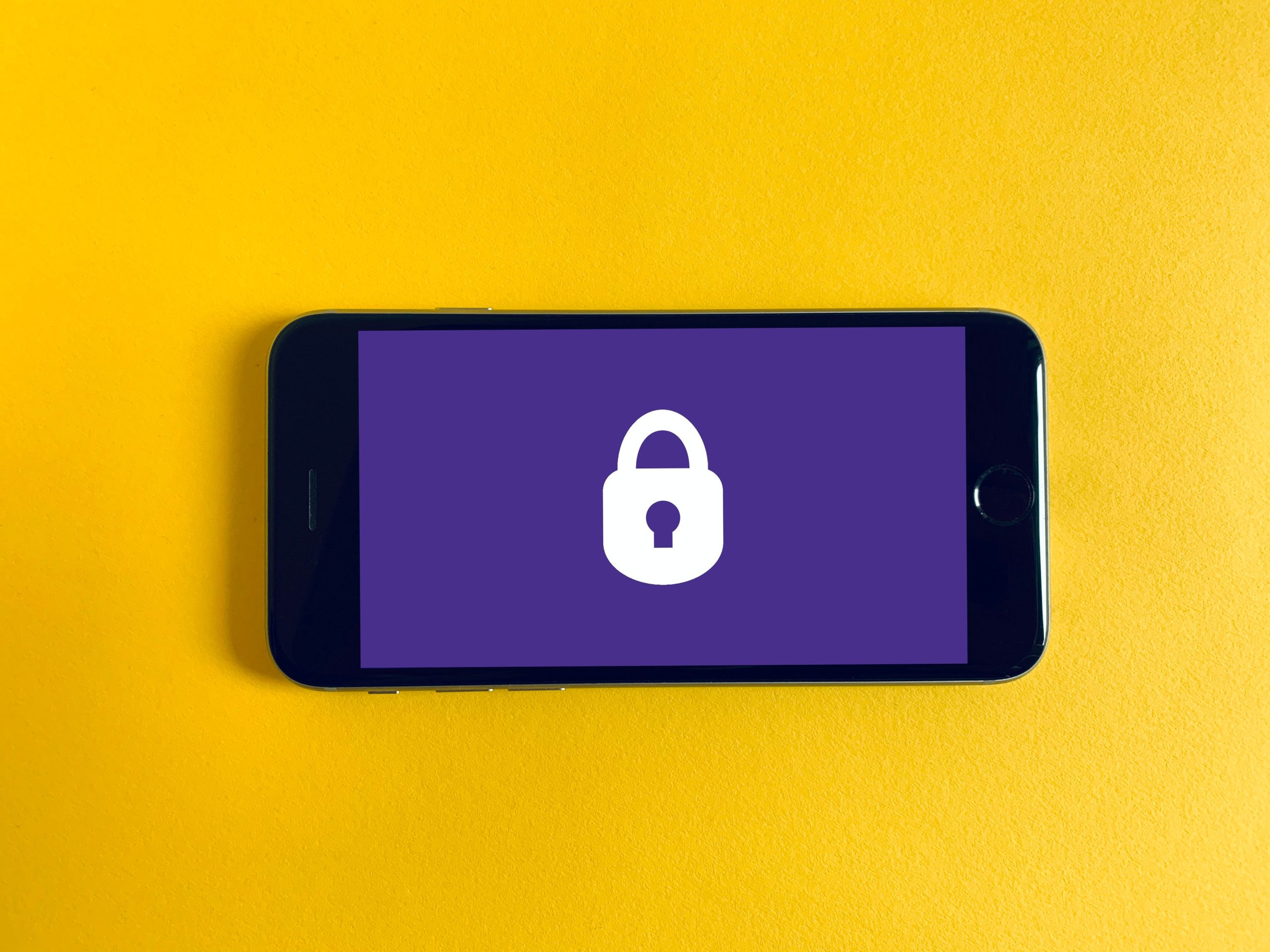Image Source: Unsplash
Social media provides excellent platforms for many of us to promote products and services and reach a much bigger, greater market around the world! Plus, we’re human and we are social creatures by nature (yes, even introverts crave people interactions… sometimes). Social media didn’t change this need for connection, it merely enhanced it. We can now use social media to connect with millions of people in a completely new way! But with opportunity also comes risks.
I recently watched a news story noting the importance of cyber security in our current time. Now not to get political, but with the war in Ukraine, the President of the United States mentioned (per the news story) that we should be on a higher alert for cyber-attacks. But why is this important to me, I thought? Why is it important to you? Why is it important to the companies that we work for and with us?
Many of us who work in social media understand that social media is changing a lot and very quickly… And so are cyber-attacks! So, I’d probably be preaching to the choir to say that it is important to stay up to date… But it IS important to stay up to date on the latest in cybercrimes. Remember “fake news” that originated on social media?
Fake News
This term really should be used for cases where there is a deliberate presentation of misleading or false information, not just a story we might not agree with. But what if we took the same investigative research tactics, and skepticism, in a social media post that we agree with and like as we did with those we disagree with and/or don’t like? Let’s consider the psychology of a rumor and how social interchanges have three basic goals of acting effectively, building and maintaining relationships, and to manage favorable self-impressions. More, there are typically three psychological motivations for spreading rumors of self-enhancement, relationship-building, and fact-finding. Notice the theme of sociability and community even in rumors? I’m a huge fan of fact-finding and trying to better understand an environment or some news as a collective problem-solving process! Let’s “nerd out” and fact-check posts (and their originations) before sharing, re-sharing!
Deepfakes
Admittedly, I hadn’t heard of this term before preparing for this blog, but I get it now! This is because deepfakes have really evolved over the past couple of years because of a subset of Artificial Intelligence (AI) that has taken over social while appearing to maintain an authentic presence. The term comes from the combination of “deep learning” from AI using neural networks and “fake” making manipulated videos and photos and might look real and authentic but are truly not. The word on the block is that with the advancement of AI and Machine Learning, deepfake technology will only get better and better. So, what can we do about deepfakes? While they may have their technological benefits, what if we paused and delayed viral videos and information? Again, fact-check posts (and their originations) before sharing, re-sharing.
Fake Accounts
Last week, I had an exciting moment! Jason Statham wanted to follow me on Instagram, and I was stoked! Not only am I big fan, but he’s attractive, European, and famous! The account said that this was a more personal account created to better connect with fans because the other “known” account was controlled and managed by a manager. But before clicking “Confirm” I took my own advice and paused and “nerded-out” by researching the account and Jason Statham’s social media. Not only were there stock photos only on the page posted in “batches,” but the language was not clear, the handle repeated the same number many times, there really wasn’t many followers and those being followed, and the account didn’t have that trusty blue verification checkmark symbol. It just didn’t seem right. So, I sighed and moved on without confirming.
Oh, how fake things can play with our emotions! Fake news and deepfakes can incite not only rumors, but strong emotional reactions and, in my own unofficial research, it seems to be negative emotions. Fake accounts can also elicit emotions too, and maybe more hope-filled and positive emotions. But don’t let the “fakes” fool you or your emotions. Remember how I mentioned earlier that social media didn’t change this need for connection that we have has humans, it merely enhanced it? I think there could be a tendency too for enhanced emotions, especially if we participate in, and engage with, inauthentic fakes. So, let’s all take a beat, pause, and maybe even get a little “nerdy” before engaging with and about these fakes.

Jennifer Pollard, EdD, SMS, GCDF, owner of ConnecTTall Resource Group, is a leadership and career consultant, coach, and educator who utilizes industrial and organizational psychology and social media strategy into a cyberpsychology approach connecting people, profits, and perceptions. Dr. Jenn has worked with organizations and individuals to clearly communicate and connect expectations to results. She is skilled in using her communication, psychology, business, and social media knowledge in adaptive and engaging coaching, consulting, and training. Jenn’s work includes instructing higher education courses, facilitating customized trainings, managing conflict, coaching individuals, and guiding development and change. Her passions are in creating awareness and dialogue for psychological health and diversity as well as leading with authentic, transparent, and positive influence.


0 Comments